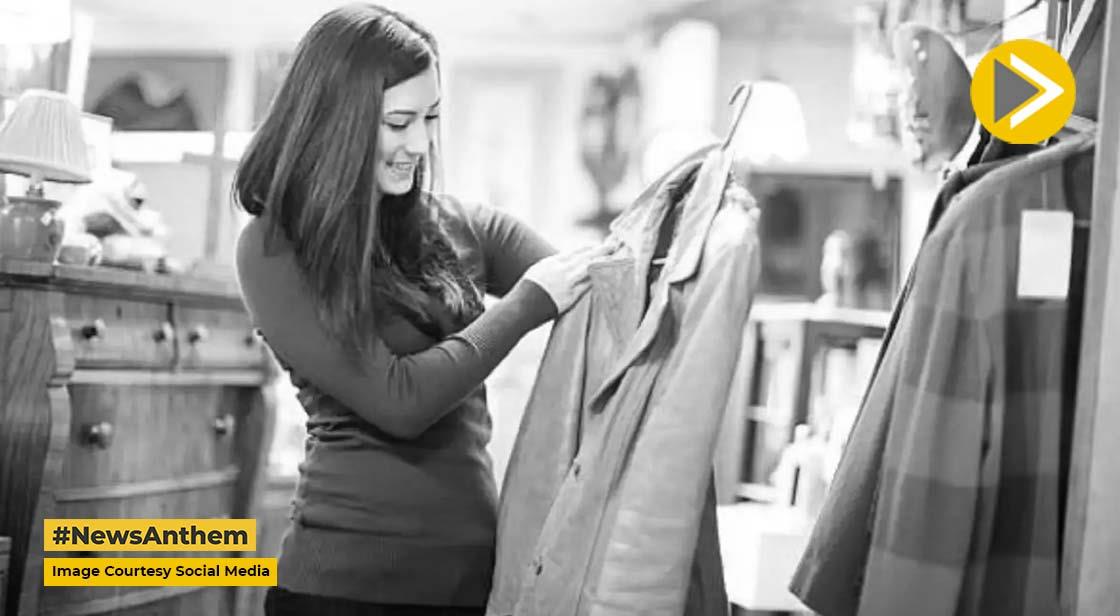Millennials, Generation Z Using Thrift Shops To Update Their Wardrobes And Preserve Environment

News Synopsis
Young millennial and GenZ consumers are going above and beyond to upcycle, resell, and extend the shelf life of their wardrobes in an effort to lessen fashion's carbon footprint on the planet. On Instagram, there have been a lot of little thrift shops popping up recently. As of August 16, there were over 653k posts about thrift in India alone, 8 million hashtags on thrift shops, and 12.6 million hashtags on thrift.
Sustainability is the driving force behind this trend. Customers seek out previously owned, durable, unique, and reasonably priced clothing. The icing on the cake is that these used clothes aren't added to the expanding landfills; rather, they find a new home and are cherished once more by a consumer. In a separate analysis, global thrift store ThredUp observes that used clothing is expanding globally and is predicted to grow 127% by 2026, including a 3-fold increase in Asia.
Thrifting is anticipated to increase to 31% of the global fashion closets, with the US, Europe, Asia, and Africa leading the trend. Second-hand clothing already makes up 9% of all closets. The fashion business is being transformed by this trend, which has also attracted the attention of Bollywood stars like Genelia Deshmukh, Bhumi Pednekar, and Alia Bhatt. Thrifting tries to counter the growing influence of fast-fashion, which promotes frequent, inexpensive purchases among customers and was popularized by companies like H&M and Zara. Social media, which leads people to assume they must dress in accordance with the newest trends, is another source of fast-fashion.
Contrarily, thrifting makes sure that a piece of clothing is completely exploited as it travels through many closets and eventually ends up in a landfill. Aparna Balasubramanium, the creator of The Fine Finds, said that, in addition to sustainability, price is a significant issue for Indian consumers when choosing to shop at charity stores. "I don't believe that consumers visit secondhand shops primarily because they are sustainable. Although pricing plays a part and, in some circumstances, how distinctive the things are, I do believe that affordability plays a bigger influence than sustainability," said Balasubramanium.
You May Like









